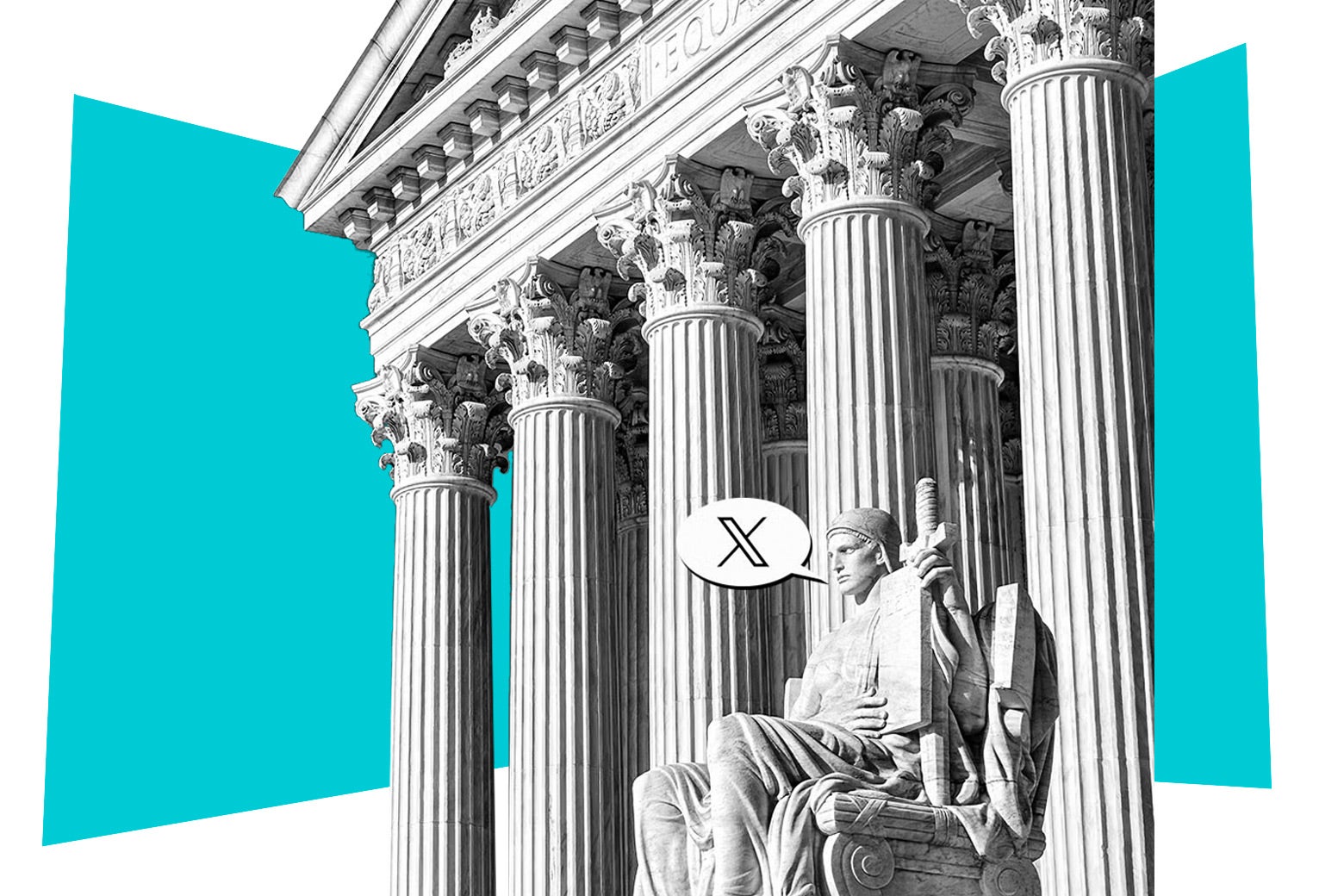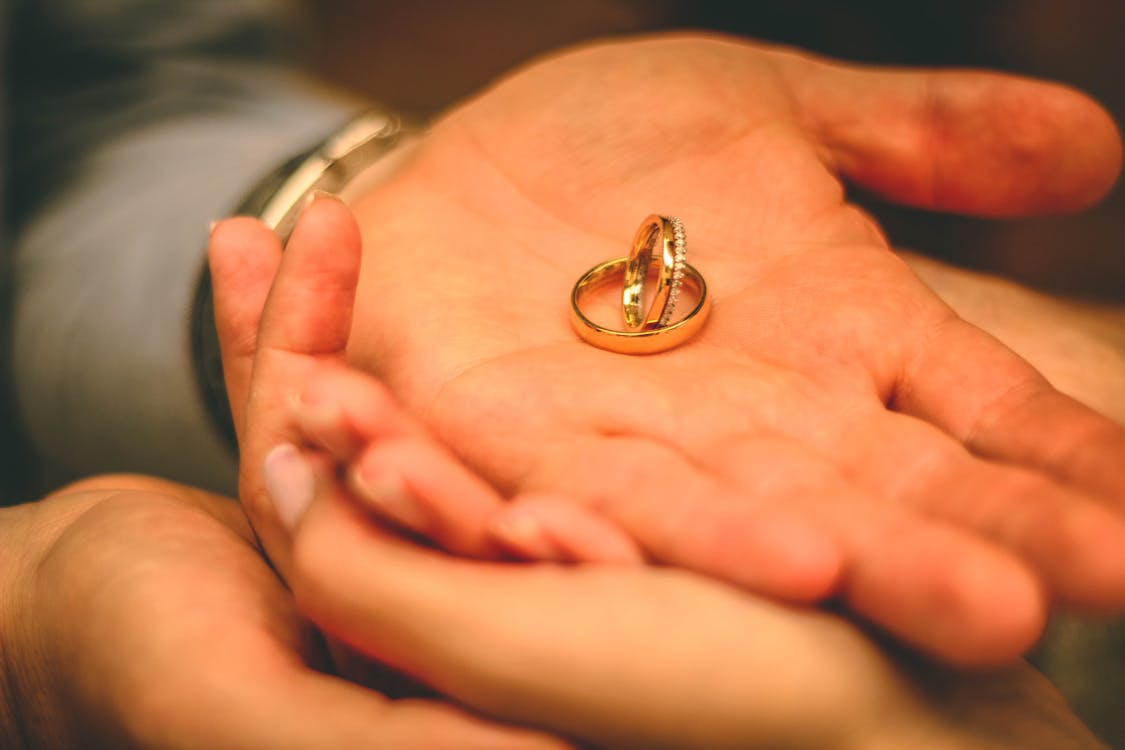The Supreme Courtroom will make your mind up if Texas is permitted to destroy the online.

Table of Contents
This is section of Opening Arguments, Slate’s coverage of the begin of the most recent Supreme Court docket time period. We’re performing to change the way the media covers the Supreme Court. Support our work when you join Slate In addition.
When social media platforms like Fb and YouTube average content material, are they engaged in safeguarded speech? Or are they engaged in an invidious type of censorship? The solution, which lies at the coronary heart of a pair of scenarios the Supreme Court agreed to listen to on Friday, could basically change the mother nature and operation of social media platforms and the net by itself.
Reacting to problems from the political proper that massive social media platforms which include Fb and YouTube actively censor conservative views, Texas and Florida enacted regulations prohibiting the platforms from eliminating, deleting, or deplatforming speech or speakers based on viewpoint. The laws vary in some respects, but both build a legal result in of motion towards social media platforms that have interaction in any of the laws’ defined solutions of “censorship.” They also need that platforms provide an explanation for any posts “censored” and publicly disclose their guidelines for getting rid of speech or speakers from the platforms.
The U.S. Court docket of Appeals for the 11th Circuit enjoined the Florida law, concluding it violated the Initially Amendment rights of the platforms to identify what written content to screen and which people to ban or quickly exclude. The U.S. Court of Appeals for the 5th Circuit came to the reverse conclusion regarding the Texas legislation, frequently characterizing social media material moderation as “censorship” and acquiring the platforms have no Very first Amendment “right to muzzle speech.”
When it arrives to newer media, courts and attorneys generally struggle to in good shape present-day difficulties into preexisting Initially Amendment decisions and doctrines. The briefs and arguments in the cases will lean greatly on analogies from prior Supreme Courtroom precedents. For case in point, the platforms will argue they are like newspapers, which the courtroom has held have an recognized 1st Modification appropriate to have interaction in editorial judgment when deciding what articles to publish. The states will counter that not like newspapers, the platforms evaluate pretty much none of what they allow buyers to put up, both right before or immediately after publication. The states will argue the platforms are a lot more like substantial general public malls, which the court has held can be necessary by law to host some expressive activity. The platforms will respond they are like parade organizers, which the courtroom has held have a To start with Modification correct to establish who marches in their inherently expressive gatherings. Judge Andrew Oldham concluded in his 5th Circuit feeling that the platforms are much more like “common carriers,” such as electrical power vendors and trucking organizations, which are prohibited from denying company based on the user’s viewpoints.
If you think none of these illustrations suits completely, you are in superior corporation. As Judge Leslie Southwick wrote in a independent opinion in the 5th Circuit case: “We are in a new arena, a very comprehensive just one, for speakers and for those who would moderate their speech. None of the precedents suit seamlessly.”
So substantially is at stake in these cases—for the platforms, their users, and the public. Platforms have to have users of their communities to accept phrases of service that consist of, among other limitations, articles moderation guidelines. By moderating obscenity, despise speech, public wellbeing misinformation, and other information, platforms implement particular site-based mostly neighborhood specifications and determine on the net communities. They write-up disclaimers to particular posts and publish their own content material. The platforms also react to threats—to specific people, the on the internet local community, and the general public.
The Texas and Florida legal guidelines would substantially undermine these prerogatives. If the 5th Circuit is right, platforms that make it possible for person posts or videos that are anti–white supremacy, anti-misogyny, and anti–domestic terrorism would be legally compelled to supply house for pro–white supremacy, professional-misogyny, and pro–domestic terrorism speech. Efforts to overcome disinformation and misinformation, no matter whether about elections, general public overall health, or other topics, would also in many conditions direct to authorized jeopardy for the platforms—or mire them in onerous lawsuits submitted by disgruntled customers who insist on the ideal to a platform for their speech. Governments could also chill the platforms’ correct to host written content they actively support—out of concern they will have to allow for its antithesis.
Decide Southwick is appropriate that there is no excellent analogy. But as he concluded, the platforms do interact in editorial capabilities when they curate and collate information. As the 11th Circuit noticed, the platforms are not just “dumb pipes.” They training editorial judgment in excess of what articles buyers see when they stop by the web-site. The simple fact that they do not edit in the same manner as newspapers, which among the other items have only so lots of columns to fill, must not be thought of dispositive. The essential point is that they edit, or moderate, information.
Critically, a Supreme Court choice upholding these social media legal guidelines would be opposite to several substantial To start with Modification trends—all initiated and embraced by conservative justices. To start with, the court has identified and guarded corporate expression in the election and other regulatory environments. Think about, for case in point, Citizens United, which protected corporate electioneering. If Mark Zuckerberg has the correct to donate endless amounts of his have cash to a tremendous PAC backing a applicant he supports, then the platforms he owns the bulk stake in ought to be capable to make a decision what appears on them. Second, the court has been keen to shield the rights of speakers to exclude or refuse services to all those with whom they disagree or do not want to affiliate. In reality, just previous expression, the court held that a web-site designer could not be compelled to layout a tailor made wedding ceremony web site for gay buyers, notwithstanding legal guidelines that forbid discrimination based mostly on sexual orientation. The court has also upheld the rights of parade organizers, the Boy Scouts, and other speakers to exclude speakers and speech with which they disagreed. 3rd, the courtroom has characterized the internet as a “vast public library” and social media platforms as “the new general public square.” Its choices have warned lawmakers and regulators to tread extremely evenly, lest they chill expression and interfere with the improvement of a robust cyber-market of tips.
Giving governments the electrical power to compel huge social media platforms to host all manner of speakers and speech offends well-recognized Initially Amendment ideas. It might also spell the commencing of the conclusion of the online as we presently know it. Proper now, platforms can acquire down vile and harmful information when it offends their conditions of service. But if the Texas and Florida rules stand, the platforms would come to be a digital cost-free-for-all. White supremacists, terrorists, and other hazardous speakers would obtain a legal ideal to communicate on the platforms. These and other speakers could properly shut down the platforms by forcing them to defend a great number of lawsuits less than the condition guidelines.
It can be really hard to muster sympathy for social media platforms and their principals, who have created inconsistent statements about their romantic relationship to consumer content and have not generally moderated responsibly. But the substitute supplied by Texas and Florida—robbing the platforms of their editorial power—threatens mischief all out of proportion to the intended evil people states have recognized. The 1st Amendment does not enable federal government to ban private speakers from deciding what messages to disseminate or to amount the taking part in field versus what Florida Governor DeSantis has referred to as “Silicon Valley elites.”
Hopefully, the Supreme Court docket will settle for this actuality, as very well as implement its own precedents.




